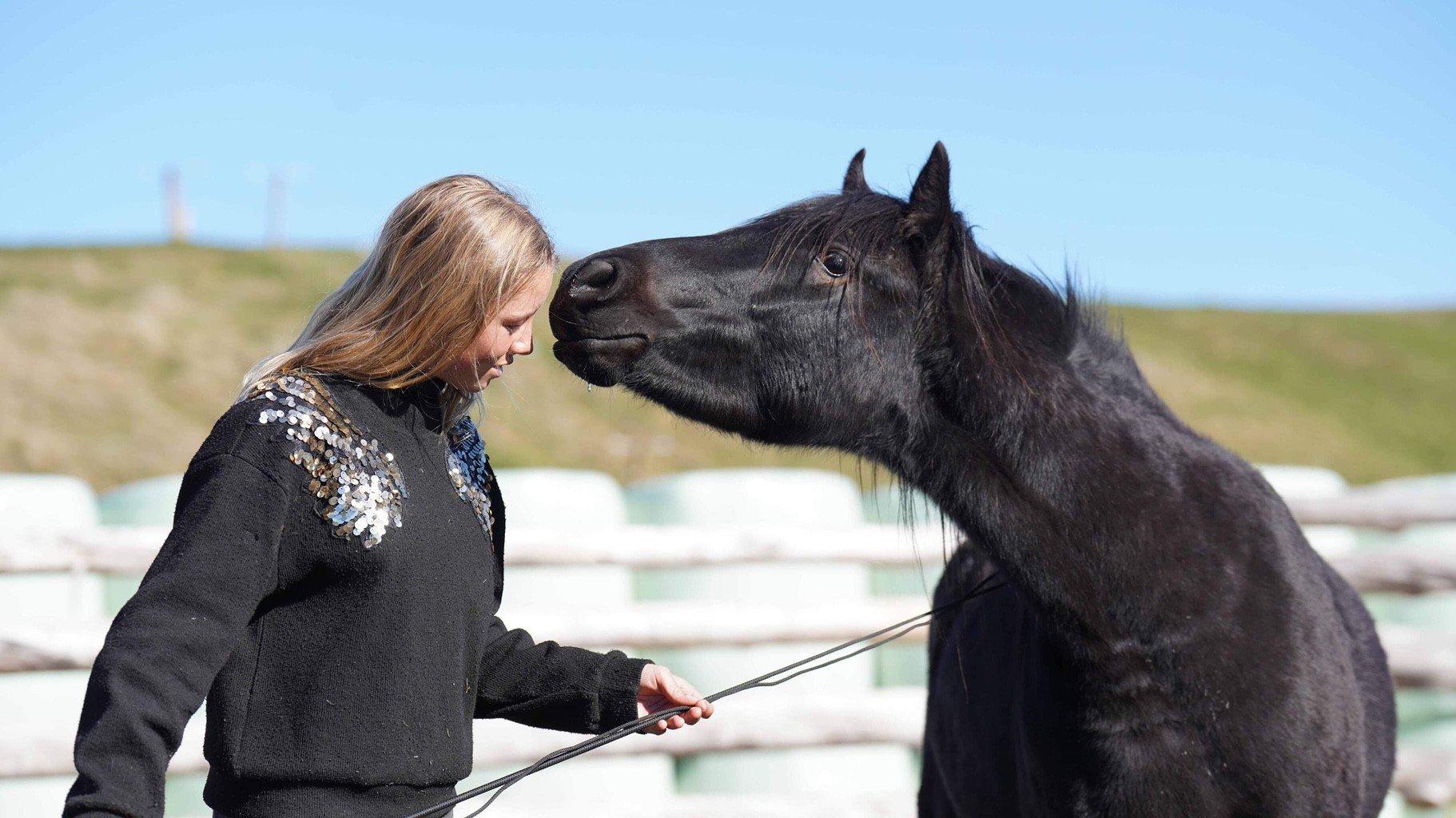
Last month, Maheno School pupil Lina Kurze, 13, and her mother, Annika, attended a three and a-half week-long workshop on taming wild Kaimanawa horses in Taupo.
Kaimanawa Heritage Horses wanted to re-home 230 horses but could only find homes for 88 of them.
It will muster again next month to re-home 150 more horses and to implant contraceptives into the mares.
Inspired by their experiences with the horses, both Lina and her mother are urging farm owners and horse enthusiasts to support the cause.
If they cannot find homes for the horses, that meant more would stay in the wild and continue to reproduce, Ms Kurze said.
"It can snowball from here and that’s where the Department of Conservation [Doc] is quite firm.
"If the herd numbers in the Kaimanawa ranges exceeds 300 horses then the pressure on the environment gets massive and that’s where Doc starts stepping in."
Previously, Doc had culled the excess horses.
"That’s quite a horrific thought knowing how amazing these horses are and how much potential they have."
The idea behind implanting contraceptives was the number of wild horses could be managed while not completely removing them from the wild.
It was not a silver-bullet solution, however, Ms Kurze said.
"Only after five years will it become quite effective, so it takes quite a while.
"It’s one way of reducing the number of foals that are being born but it’s not going to stop foaling all together."
Since it was getting harder to find homes for the horses, the fewer that needed re-homing the better.
Lina brought home a Kaimanawa horse of her own called Kaala.
Her mother wanted to challenge the common idea that wild horses were more difficult to deal with.
"There is a lot of worry and people think wild horses are big, bad and dangerous and they’re really hard to tame.
"Kaala is one of our easier horses at home.
"They’re not bad horses, they’re not super difficult, as long as their initial training is done really well."
Transporting Kaala down to the South Island was also not a problem.
"With the right preparation it was not an issue for her or any of the other horses."
People could receive financial help through Kaimanawa Heritage Horses or the Kaimanawa Legacy Foundation.
"These are two different charities that support the horses and trainers. Between them, there are subsidies available.
"It is very achievable. It’s not going to be a $5000 or $10,000 bill and you actually end up with a very special little pony."












